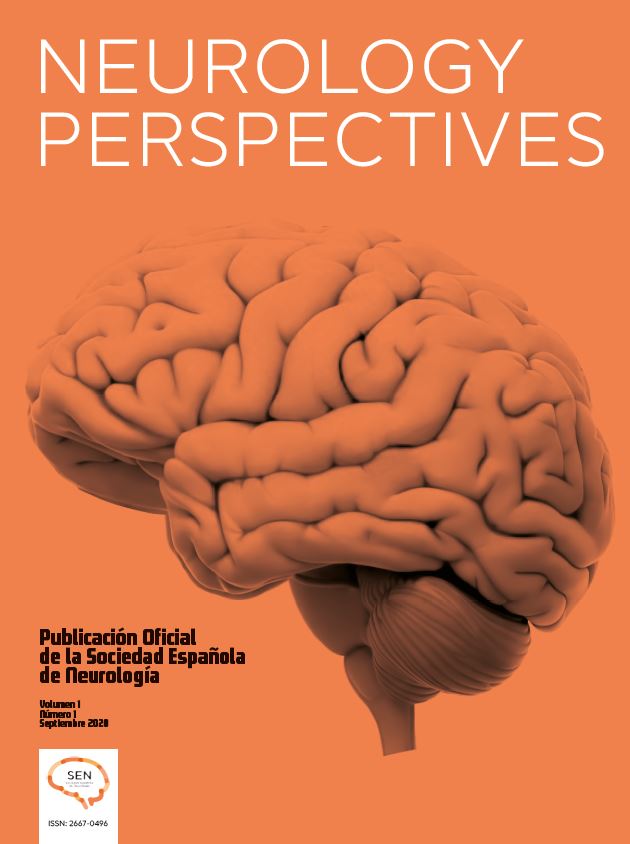We present a 6 year old girl with microcephaly and epileptic seizures associated with a RHOBTB2 pathogenic variant, who consulted the Pediatric Emergency Department for low consciousness after a mild head traumatism 40min earlier. The patient had fallen from her own height, neither having presented nausea, vomits, seizures nor immediate conscience loss. Around 10min after the head trauma, the patient suffered medium disconnection, hypotonia and tendency to fall asleep. At her arrival to the Pediatric Emergency department, the patient had bilateral arreactive and mydriatic pupils as well as a non-sostenible airway. Glasgow scored 3 points. No other signs of intracranial hypertension were present. Orotracheal intubation was conducted and a unique hypertonic saline bolus was administered. Computed tomography (CT) was performed, which did not show structural traumatic injury. Blood tests were normal. Our patient was admitted in the Pediatric Intensive Care Unit, where she remained intubated with propofol perfusion for 24h. Programmed extubation was performed, with complete neurological recuperation without focal deficits and Glasgow 15 score. Usual treatment was resumed (valproic acid and lacosamide) and the patient was transferred to the general pediatric hospitalization unit, being discharged after 48h of monitorization and observation.
Rho-related BTB domain-containing protein 2 (RHOBTB2) belongs to an atypical Rho GTPase family whose mRNA levels are high in humans’ nervous system. Hence, the important role of normal regulation levels of RHOBTB2 in adequate brain function.1De novo missense variants in RHOBTB2 have been related to developmental and epileptic encephalopathy.2,3 Increased levels of RHOBTB2 lead to epileptic encephalopathy, however, the pathogenic mechanism remains unknown.1 Clinical presentation is common to other genetic disorders such as FOXG1 encephalopathy, Rett syndrome or GLUT1 deficiency syndrome-1, hence RHOTBT2-related developmental and epileptic encephalopathy diagnosis usually relies on exome sequencing.2 Clinical spectrum includes early-onset seizures (mostly within the first 3 years of life), postnatal encephalopathy, movement disorders and intellectual disabilities.2,4 Acute encephalopathy and febrile epileptic status have been previously described in patients with RHOBTB2 de novo mutation, however there is only another reported case of acute encephalopathy triggered by head trauma in a patient with this genetic mutation.4
Knijnenburg et al.4 describe a patient with RHOBTB2 who suffered a mild head trauma (against his bicycle) maintaining consciousness until minutes after, when he stopped answering to verbal orders and started vomiting. On admission, anisocoria was detected and endovenous midazolam was administered under the suspicion of a non-convulsive epileptic status. CT scan was performed and no signs of traumatic injury were detected. Additionally, the electroencephalogram (EEG) showed signs of severe encephalopathy; a non-continuous pattern with slow activity without epileptic activity. Magnetic resonance imaging (MRI) showed reduced diffusion in some areas and hippocampal atrophy. Similar findings were observed by Belal et al.,1 in all three patients analysed during an acute encephalopathy episode secondary to febrile epileptic status. Neither EEG nor MRI were performed in our patient, therefore we cannot compare these findings. Unlike the early clinical recovery observed in our patient, the child described by Knijnenburg et al.4 did not recover completely until day 11 of admission. It is known that encephalopathy episodes are long lasting in children with this mutation as well as the fact that long-term symptoms and MRI findings can worsen after these episodes.2,4
In conclusion, this is the second case report published describing an acute encephalopathy episode secondary to a mild trauma in a child with RHOBTB2 de novo mutation, providing further evidence about this disease and possible encephalopathy episodes’ trigger factors. More studies are needed to determine the consequences of these episodes.
Financial disclosureAll authors have indicated they have no financial relationships relevant to this article to disclose.
Conflict of interestNone.






